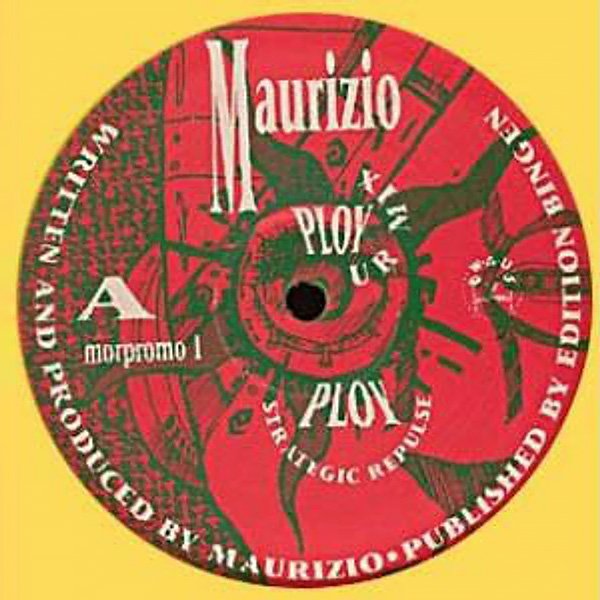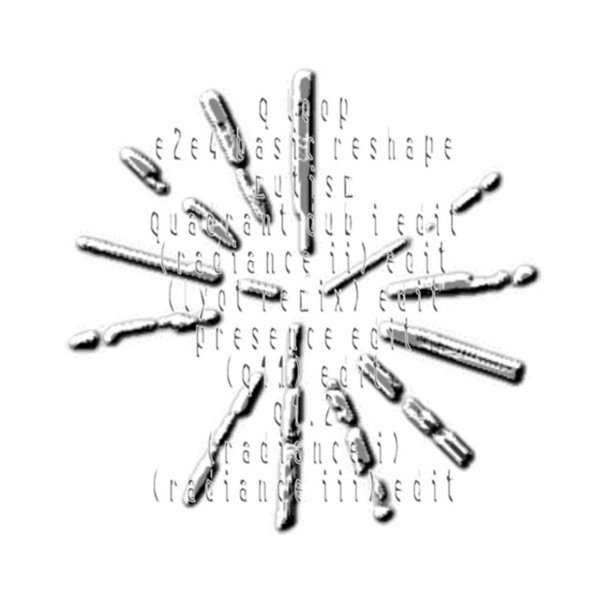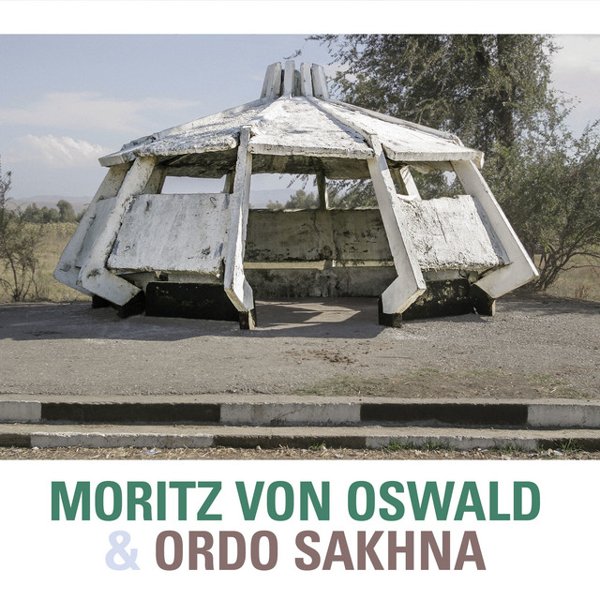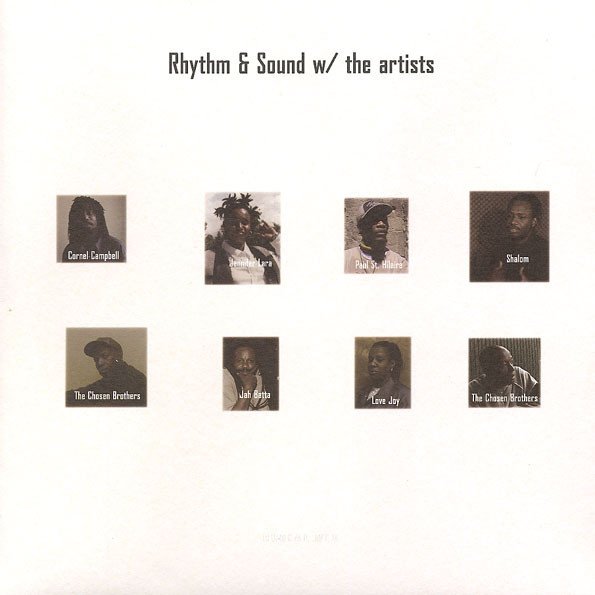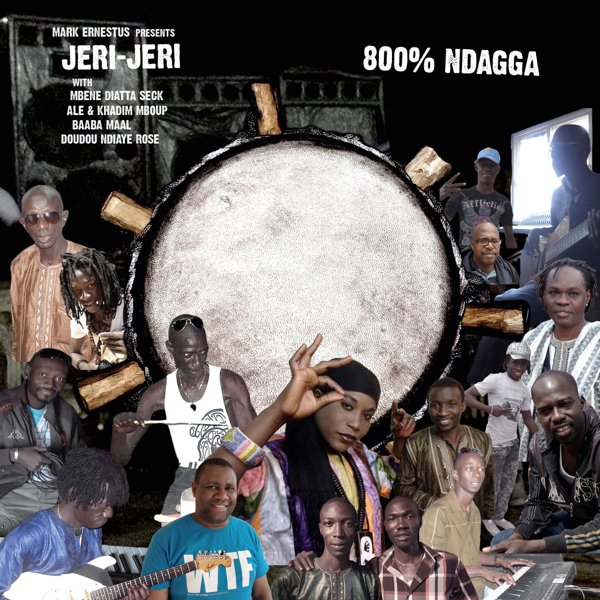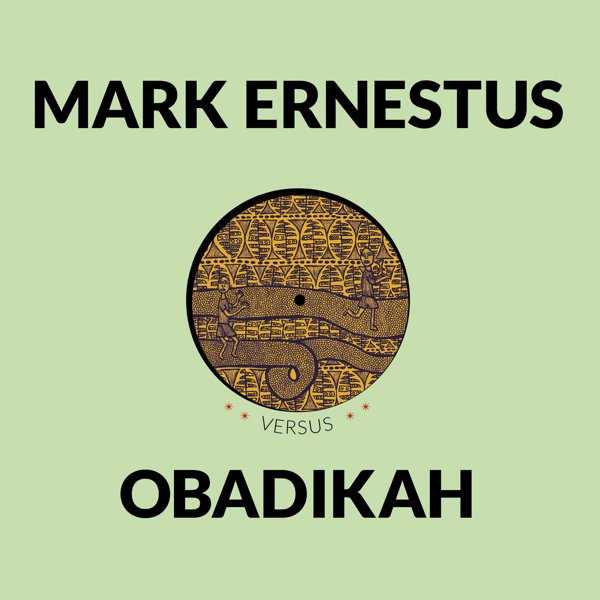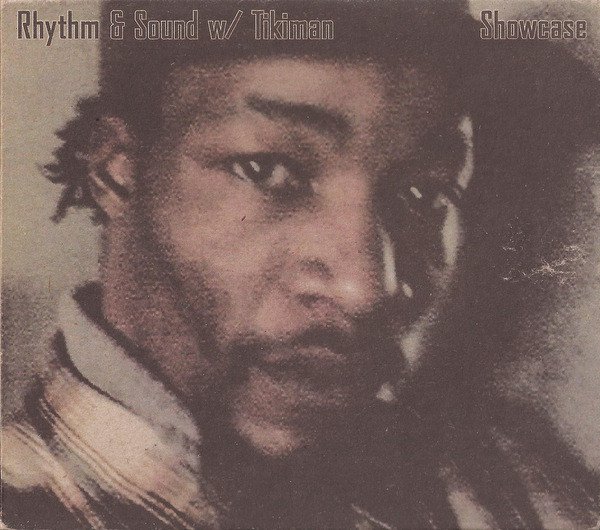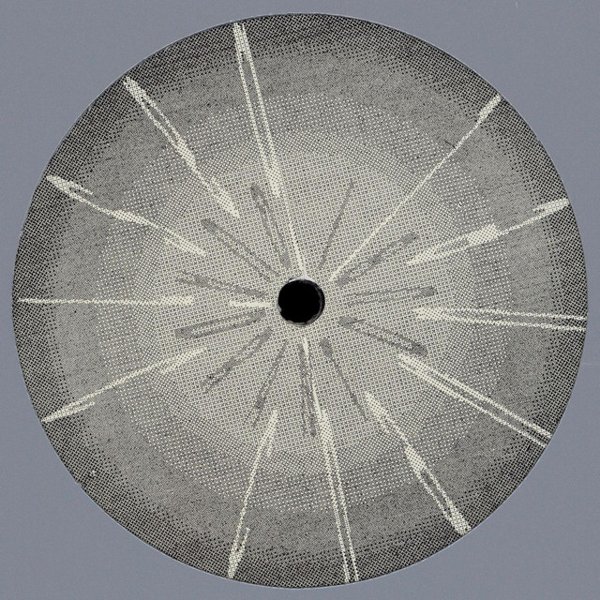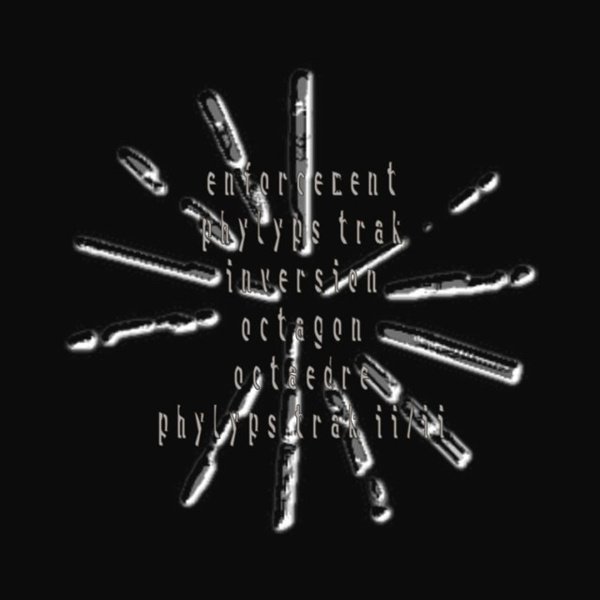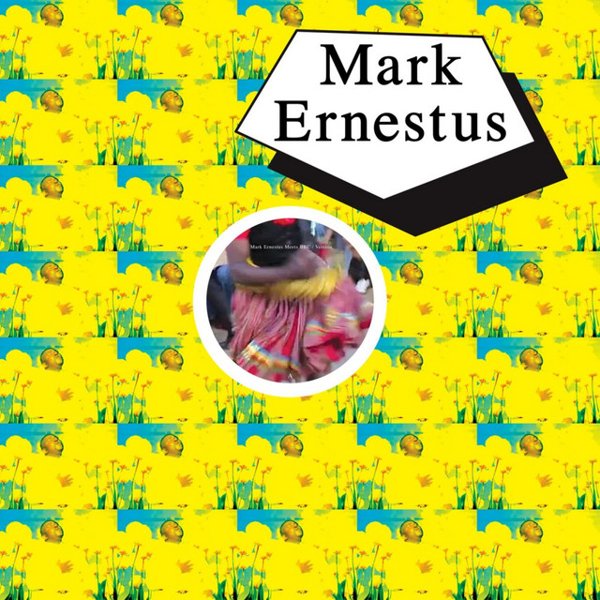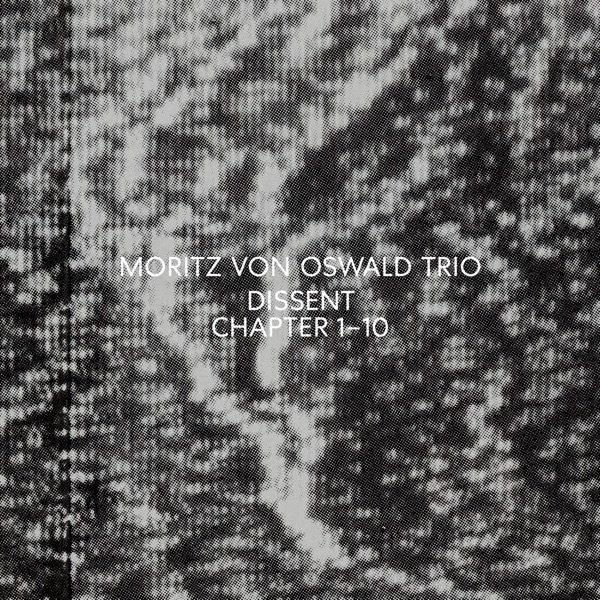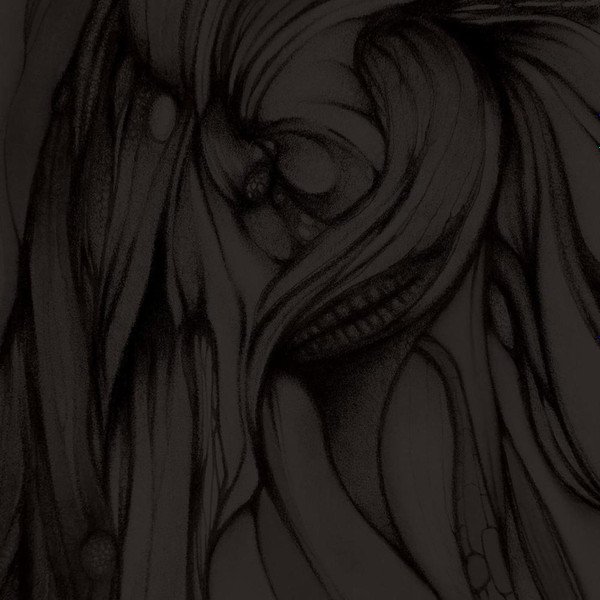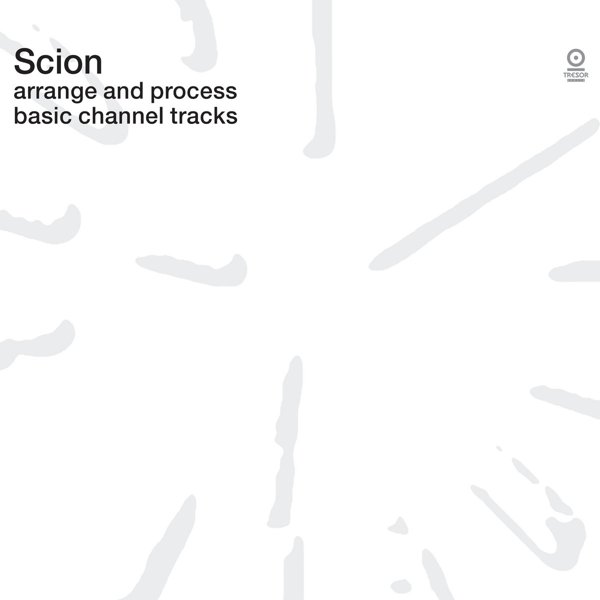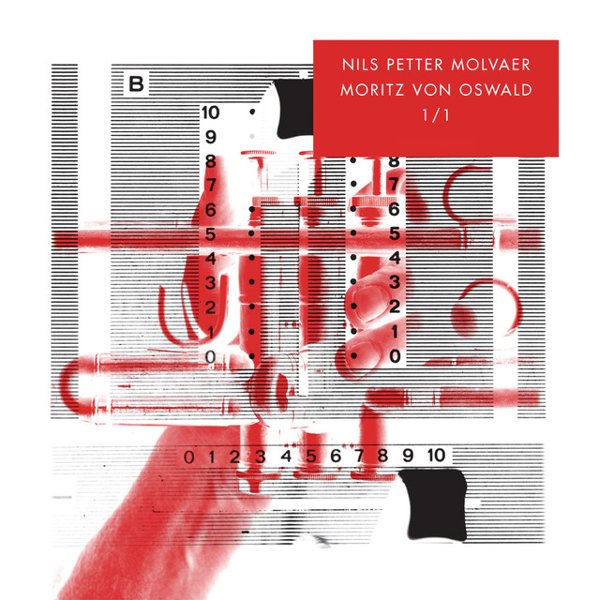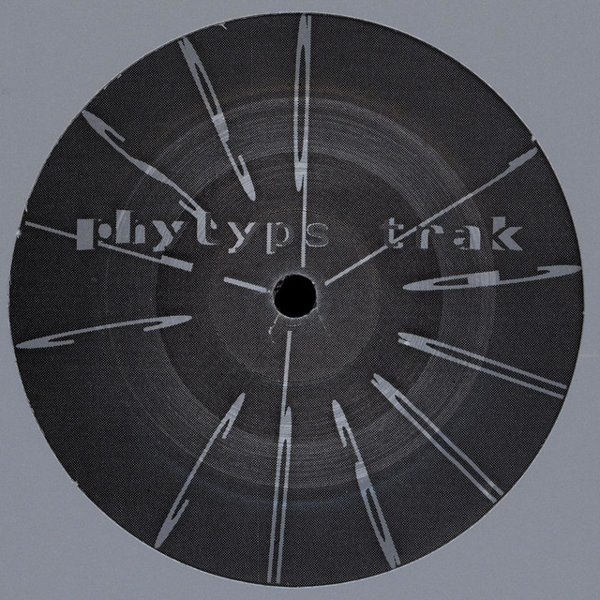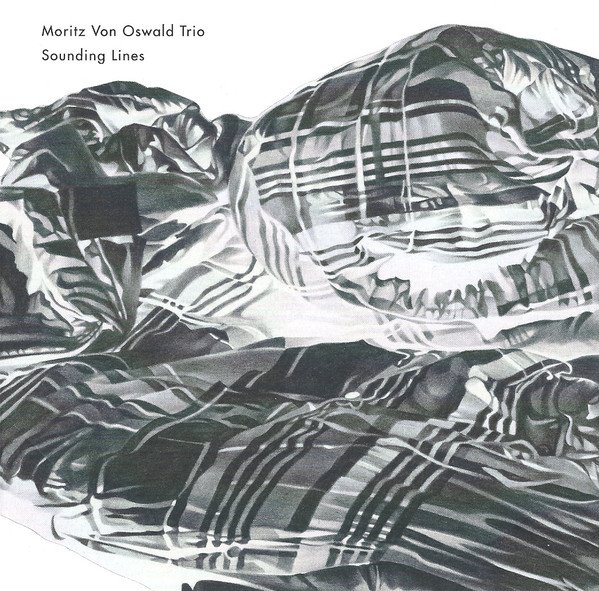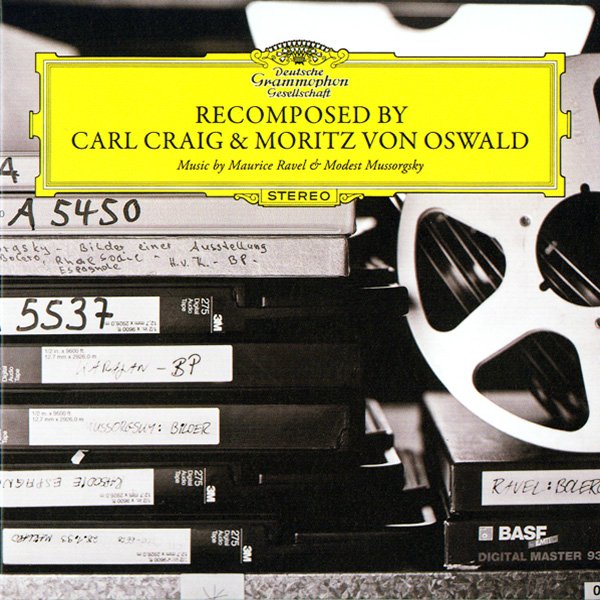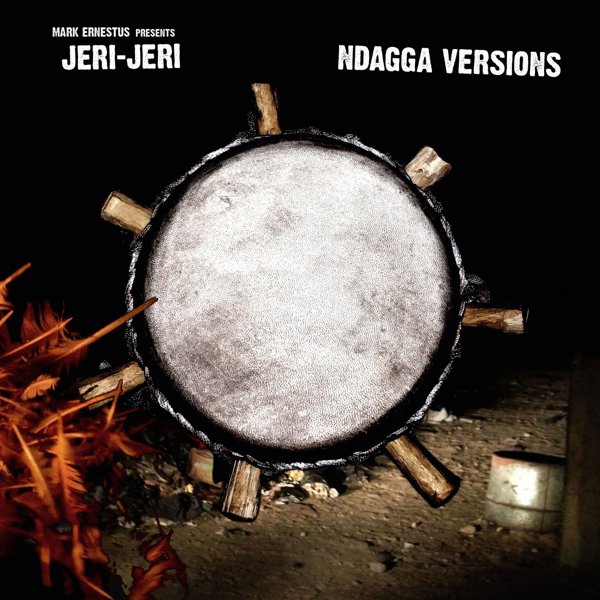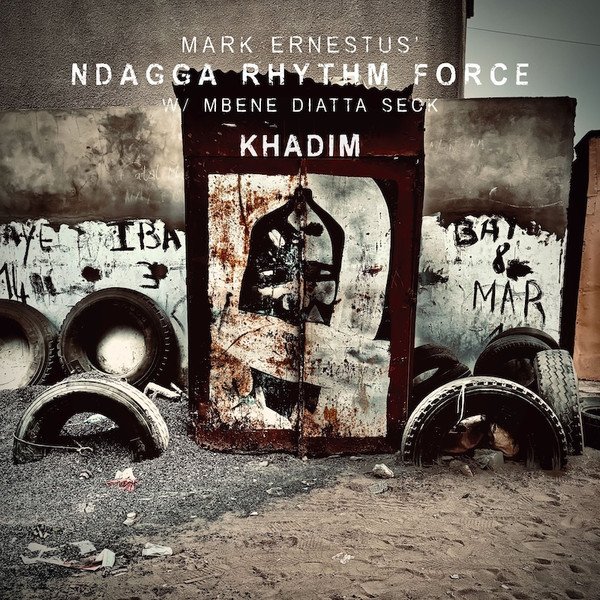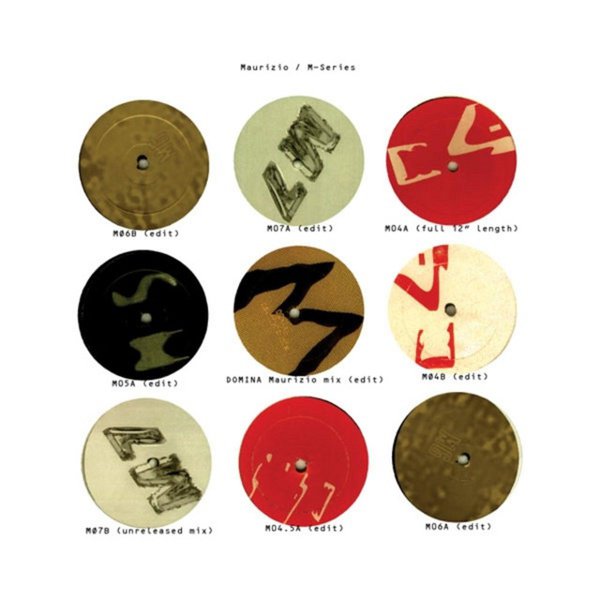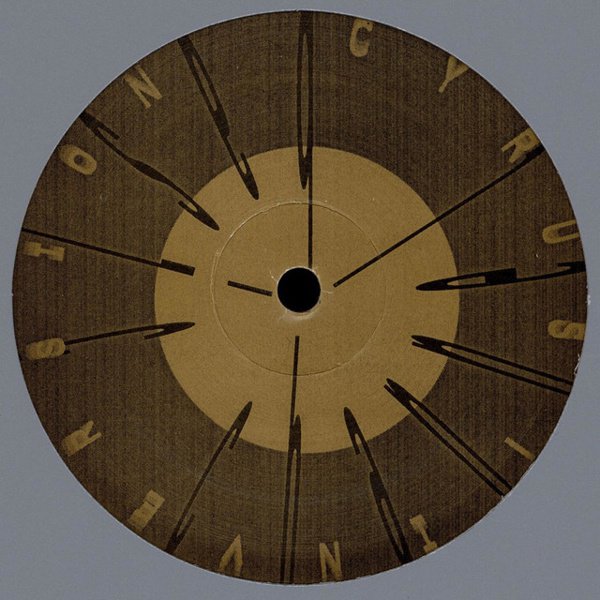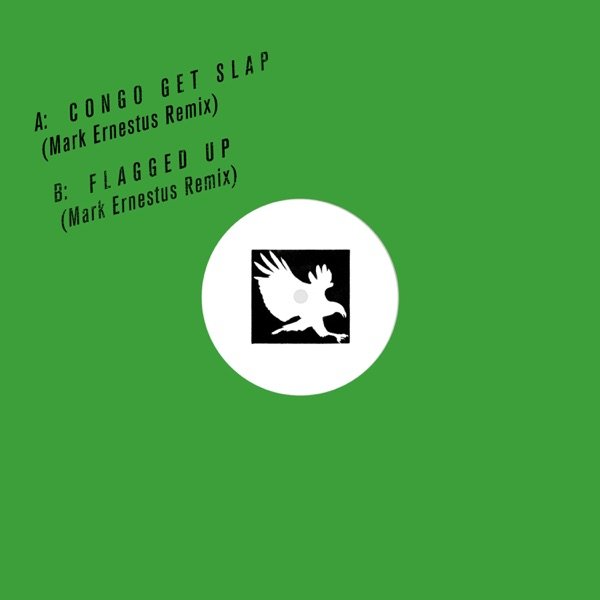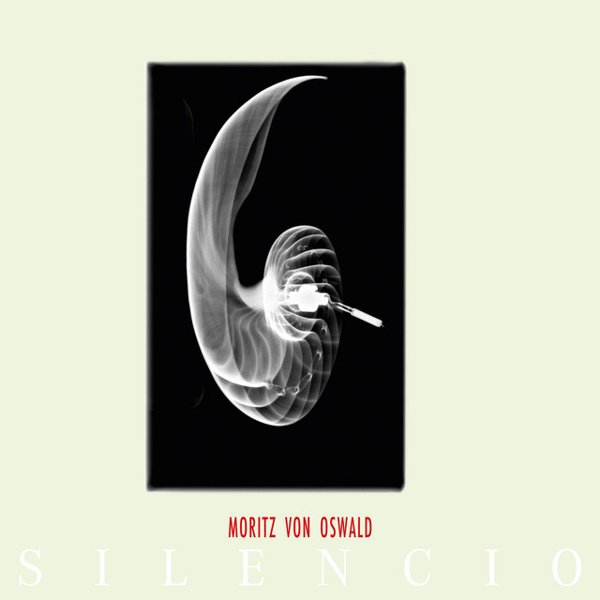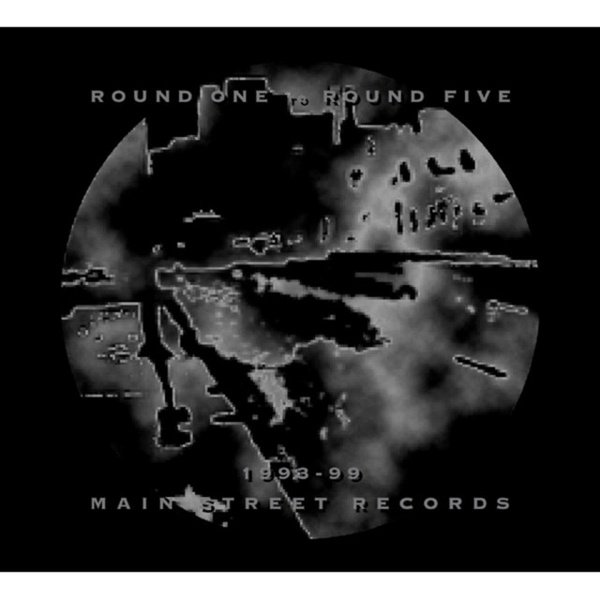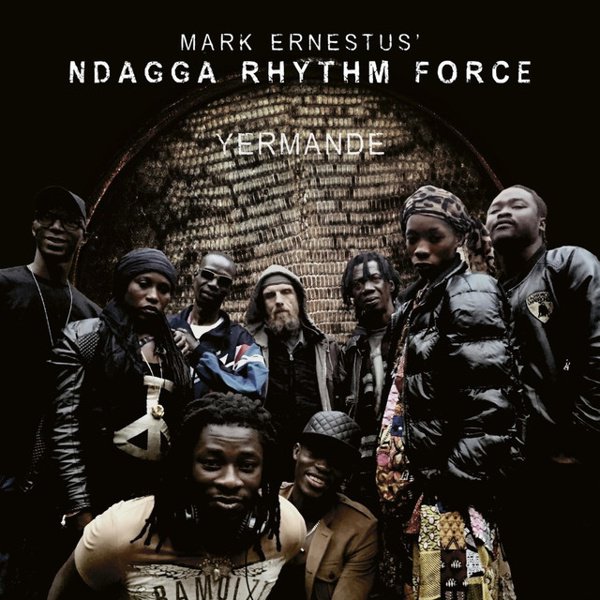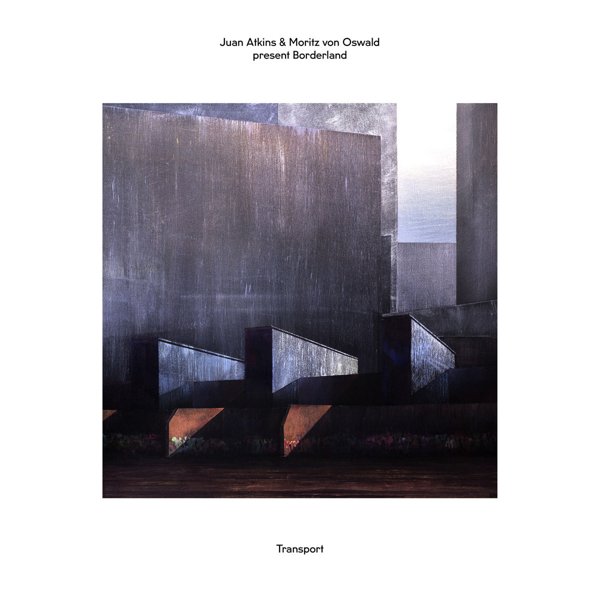There are few act names more appropriate than “Basic Channel.” From the moment they first connected in the early 90s, Mark Ernestus and Moritz Von Oswald were dedicated to reducing grooves to their simplest essences.
Ernestus was the founder of the Hard Wax record store, a vital conduit into Berlin for Detroit techno, dub reggae and more and still a lynchpin of the city to this day, and Von Oswald was a Hamburg born aristocrat, sometime new wave band percussionist, and had begun making techno as in-house producer for Tresor Records. But the alchemy of their combined talents as they explored house, dub reggae and particularly techno took them into a whole new world.
From 1993 a stream of releases under aliases – Quadrant, Maurizio, Cyrus, Round One and co. – placed them right in the heart of global underground music. Stripping four-to-the-floor electronic music to an eternal, transcendent pulse, matched at the time for minimalism only by Robert Hood and Jeff Mills, they often let tracks play out to 15 minutes and more, their reverbs echoing out into infinity, confident in the hypnotic effect of their sounds.
They adapted this sound palette more and more towards dub, taking on the new name Rhythm & Sound in the late 90s, and rolling out an impressive catalogue of tunes that could both shake city blocks and embrace you like a baby, featuring vocalists starting with Paul St Hilaire (aka Tikiman) and branching out to include a dazzling cast of reggae talent.
Both artists have done extraordinary work post-Basic Channel as well. Von Oswald has incorporated techno into jazz/improv/post-rock (particularly with his constantly morphing Trio which has featured collaborators ranging from Finnish sound manipulator Vladislav Delay to Nigerian master Afrobeat drummer Tony Allen), classical (reworking Ravel and Mussorgsky with Detroit legend Carl Craig), Kazakh traditional music (with Ordo Sakhna) and much more besides. Ernestus has focused on working with African artists – particularly with the Jeri-Jeri / Ndagga Rhythm Force supergroup of Senegalese players, but also in collaboration with artists from South Africa, Mali, Nigeria and more – but he can still turn in world class techno or dancehall-dub remixes when required.
With so many alter-egos and collaborations, there’s no doubt their 30+ year deep catalogue can be bamboozling, and there’s a lot here that requires an investment of time to absorb deep into your bones – whether sitting down or up and moving in a dark and smoky room. But the pleasures of their sounds truly are basic, and fundamental, and the rewards from diving in are spectacular.

